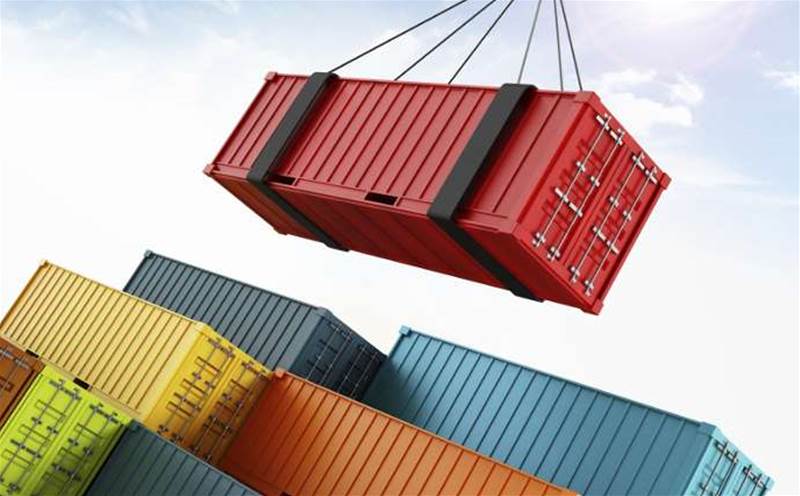The Infocomm Media Development Authority (IMDA) of Singapore, in partnership with local industry players successfully executed the world’s first paperless, live cross-border trade in which liquid chemicals were shipped from Singapore to Thailand.
The process involved the use of an Electronic Transferable Record, (ETR), which is a functional equivalent of a traditional paper Bill of Lading, using Singapore’s TradeTrust framework.
According to IMDA, TradeTrust has been designed to address the challenges of paper-based cross-border trades, leveraging international standards and frameworks, and utilising blockchain-powered technology to enable the digitalisation of transferable documents into ETR.
IMDA said the TradeTrust framework harmonises the legal recognition of digital documentation between various jurisdictions which has adopted the United Nations Commission on International Trade Law (UNCITRAL) Model Law on Electronic Transferable Records (MLETR).
The ETR-based cross-border trade involved ExxonMobil Asia Pacific as the shipper, Bunkerchain as the TradeTrust-enabled digital platform provider and VLK as the vessel owner which was supported by their Protection & Indemnity (P&I) Club.
Bunkerchain provided a digital solution that supported the key logistics documentation processes for the cross-border liquid chemical trade involving multiple parties such as a surveyor and custom broker.
The use of TradeTrust enabled the digitalisation of the issuance, ownership title transfer and surrender of the ETR as an electronic Bill of Lading (eBL) between the different stakeholders across different systems, which is compliant with the UNCITRAL MLETR requirements.
How the Shipment was Conducted
- ExxonMobil Asia Pacific shipped liquid chemicals from Singapore to Thailand.
- VLK issued an electronic Bill of Lading (eBL) using Bunkerchain, a TradeTrust-enabled digital platform.
- The use of Marine Vessel Pass, a joint project between S&P Global Market Intelligence and Bunkerchain, created Digital Passports for Ships on the eBL and ensured that the digital identity used in the signing was onboarded, and verified by S&P Global Market Intelligence. This was tied to their international maritime organisation number.
- The eBL was subsequently surrendered on the TradeTrust Reference Implementation, demonstrating interoperability across different systems without the need to develop inter-system connectivity protocols such as APIs. It also established the interoperability between digital and paper-based processes.
- VLK was supported by their Protection and Indemnity (P&I) Club, on the basis that the P&I liabilities arising from the use of a TradeTrust-issued eBL is equivalent to the liabilities that could have arisen under the use of a paper-based Bill of Lading.
- The eBL was legally supported solely by statutory law without the use of any contract law or rulebook. This shipment showed that an eBL issued using the TradeTrust framework can be used in a non-MLETR jurisdiction, such as Thailand.
IMDA said the introduction of eBLs has enabled greater efficiency by streamlining and automating existing processes.
The agency said the benefits include shorter waiting times and reduced costs.
This pilot builds on cooperation with industry partners like ExxonMobil to encourage the use of ETRs and facilitate cross-border trade. IMDA said.
Using the TradeTrust framework, ETRs can be issued, transferred, and surrendered between multiple stakeholders in a trusted manner, across different digital platforms, which is necessary for the context of cross-border trade.
The IMDA Director for TradeTrust, Loh Sin Yong, said the international trade ecosystem is heavily reliant on physical paper documents and signatures for validation.
“This live transaction for consignment of liquid chemicals from Singapore to Thailand leverages the TradeTrust framework to create an eBL that uses UNCITRAL’s MLETR-compliant statutory law framework.
“More importantly, we are excited to have demonstrated that the industry can potentially use eBL even if there was no basis of a contractual legal framework. We believe this will illuminate wider adoption of eBL in cross-border trade,” he said.









